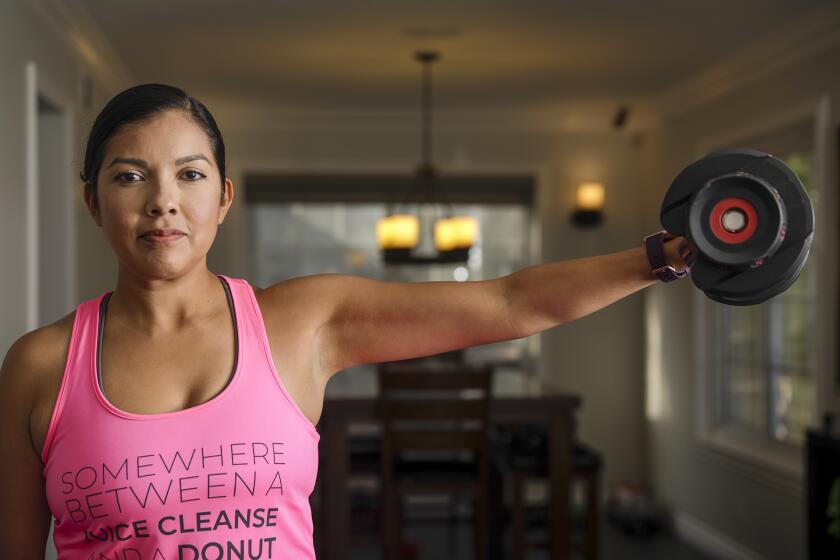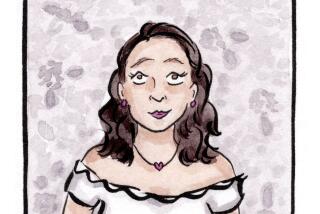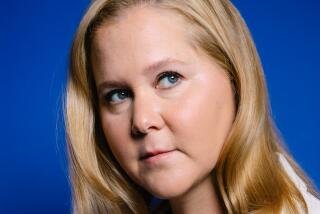Why it’s so hard to talk about ‘down there’: The doctor who is normalizing menopause
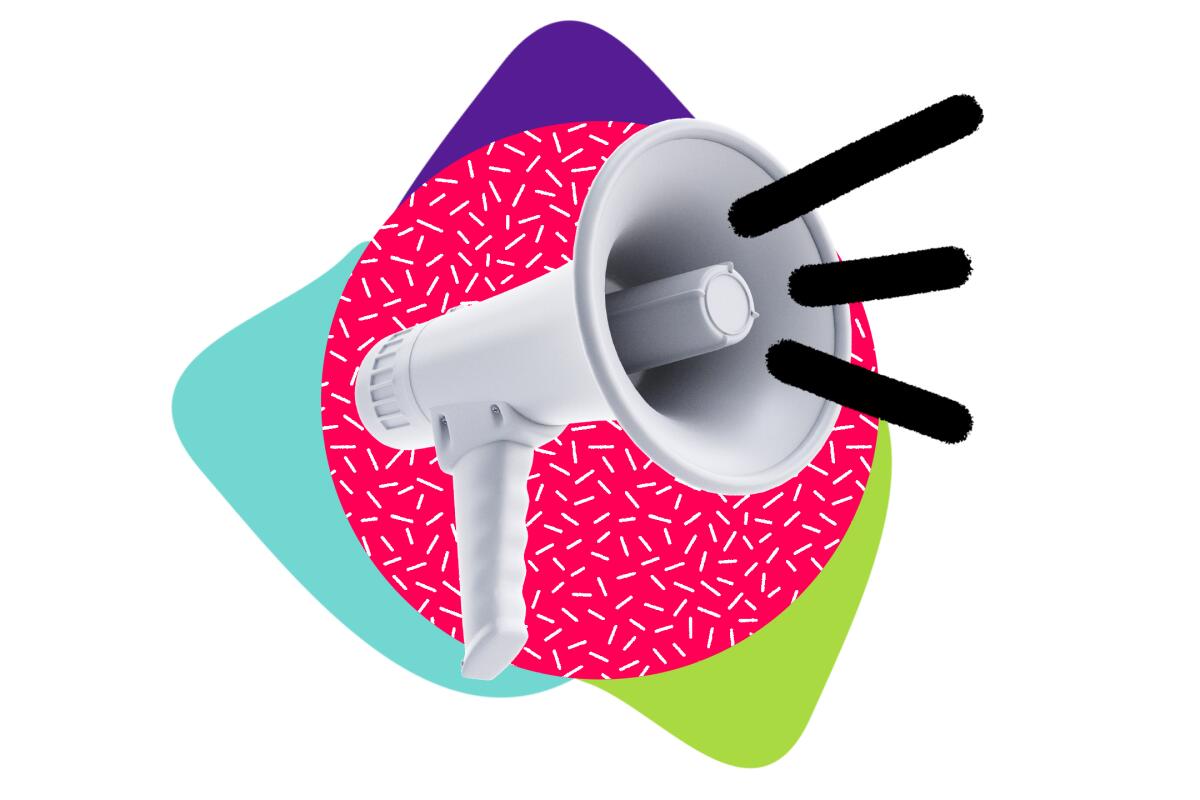
A few days after Dr. Jen Gunter learned that she’d made the New York Times bestseller list with her new book, “The Menopause Manifesto: Own Your Health With Facts and Feminism,” the obstetrician-gynecologist was back on Twitter and Substack discussing poop, dispelling myths about the safety of the COVID-19 vaccine during pregnancy, and weighing in on Naomi Wolf and Christiane Northrup’s ban from social media after they were accused of distributing misinformation about vaccines.
Gunter, known to her 340,000 or so Twitter followers as its resident gynecologist, has always been unabashed about fighting misinformation about women’s bodies. She has taken on vaginal steaming, unnecessary feminine hygiene products and most famously, Gwyneth Paltrow’s hawking of jade eggs on Goop.
Given that women’s health and wellness is a billion-dollar business, Gunter is shocked by the silence surrounding menopause.
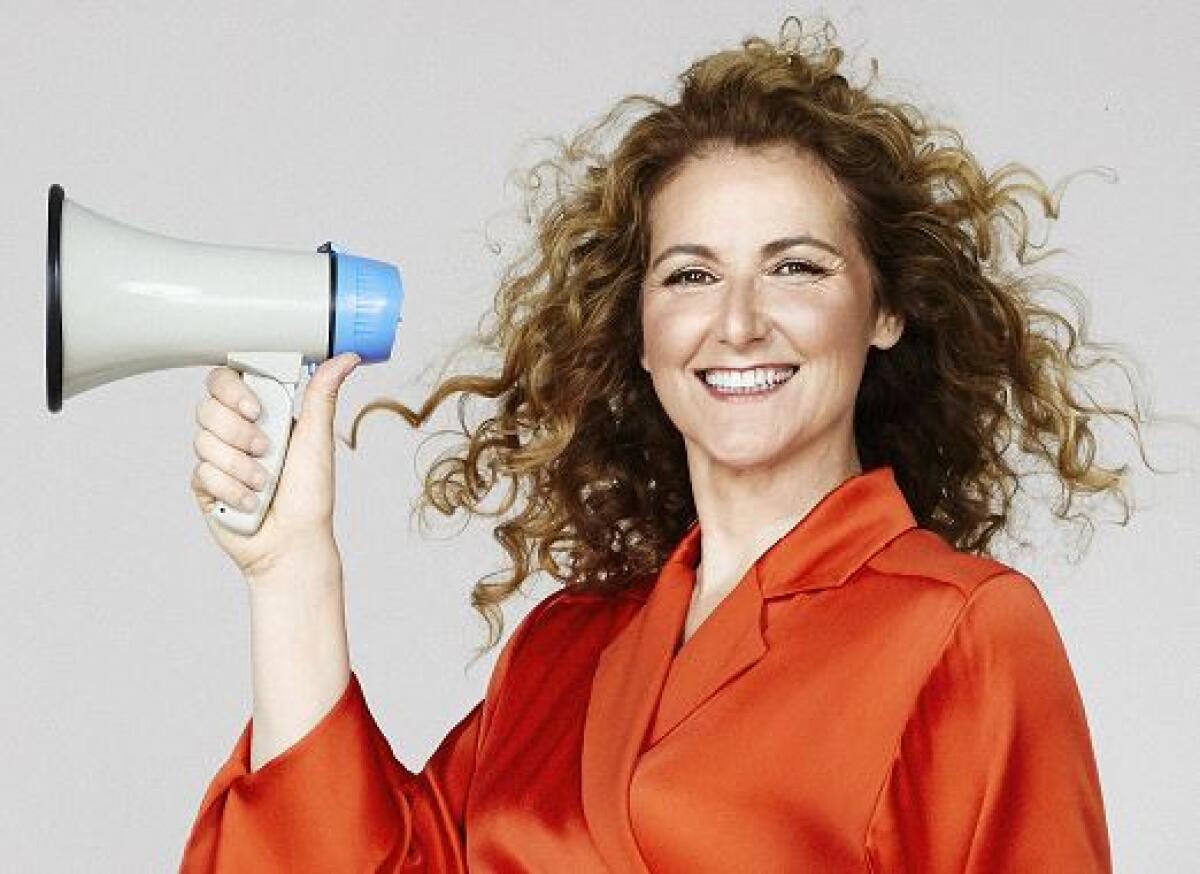
Much has been made of “hot flashes” — Gunter prefers to call them “flushes,” as they last longer than an instant — yet other common symptoms, such as menstrual diarrhea and depression, are rarely discussed. ”We all know how we got pregnant, but people don’t know anything about menopause.”
Clearly, we need to talk about menopause. And Gunter is here for it.
Gunter’s first book, “The Vagina Bible,” dispelled myths about the human body. In her newest book, she offers detailed science-backed information about biology. Not only does she want women to understand their bodies but she also wants to shatter the myth that “women are only valuable when they are breeders.”
From silicone lube suggestions for vaginal dryness to sex toys for diminished sex drive (she recommends the aptly named Good Vibrations sex shop), along with tips on hormone replacement and cognitive therapy, the outspoken Canadian OB-GYN wants to normalize menopause and, in the process, empower women.
Mindfulness meditation can help provide clarity during anxious moments. Use our tips to stay calm during the coronavirus outbreak and other stressful events.
“All of the languages that we have been using in regards to menopause are patriarchal and misogynistic,” she says. “Why am I for half my life defined by when I have my last menstrual period? It seems so wrong. Why aren’t we defining men by when their sperm counts drop? It’s so important to know about menopause, and it’s important not to use it as a defining characteristic. It’s like saying, ‘My whole life is described by my reproduction capabilities’ while men are not.”
We recently spoke with Gunter about the book ($18.95; Kensington Books) and why there is no welcoming culture for menopause, marked by the moment when a woman ceases menstruating. She will be speaking with advice columnist E. Jean Carroll in a livestream broadcast at 6 p.m. PST Thursday. Tickets are free but reservations are required.
Why did you feel the need to write this book?
I was on tour for “The Vagina Bible” and everywhere I stopped, I found myself taking questions about menopause. Once someone asked me a question, others would follow. When I mentioned that I was on the estrogen patch to reporters during interviews, that’s all they wanted to talk about. Someone encapsulated the interest by saying, “Menopause was lonely because there was no culture.” I started thinking about it. Why is there is no culture? If you look around in our society, aging women are erased everywhere. How many of the women anchors have gray hair? How many “Sexiest Women Alive” are there versus men? I didn’t want to write a book about “You have hot flashes, this is what you do.” I wanted people to understand hormones. I wanted people to know how hormone therapy came about. I desperately wanted to discuss the grandmother hypothesis. I wanted people to know the backstory of the women’s health initiatives and how medicine dropped the ball. You can’t explain therapy to people well without all of those pieces.
Everyone focuses on the negative side of menopause. As an OB-GYN, and a woman who has gone through menopause, what would you say to reassure others?
First of all, it’s awesome not having your period. Not worrying about getting pregnant is also great. The menopause transition can be rocky for some women, just as people often have difficult symptoms with puberty. Understand that for most, there are therapies that can help with those things. We have modern medicine, and things do settle down where you can get back to normal hormonal stability. I’ve never thought of it as being a negative or a change in my worth. I think of it as a change in my ovarian function. I wasn’t able to breastfeed, so I get how if you are feeling worse about yourself, the symptoms may be more bothersome. Even if it’s not directly, it’s going to affect how you get care and how you seek help.
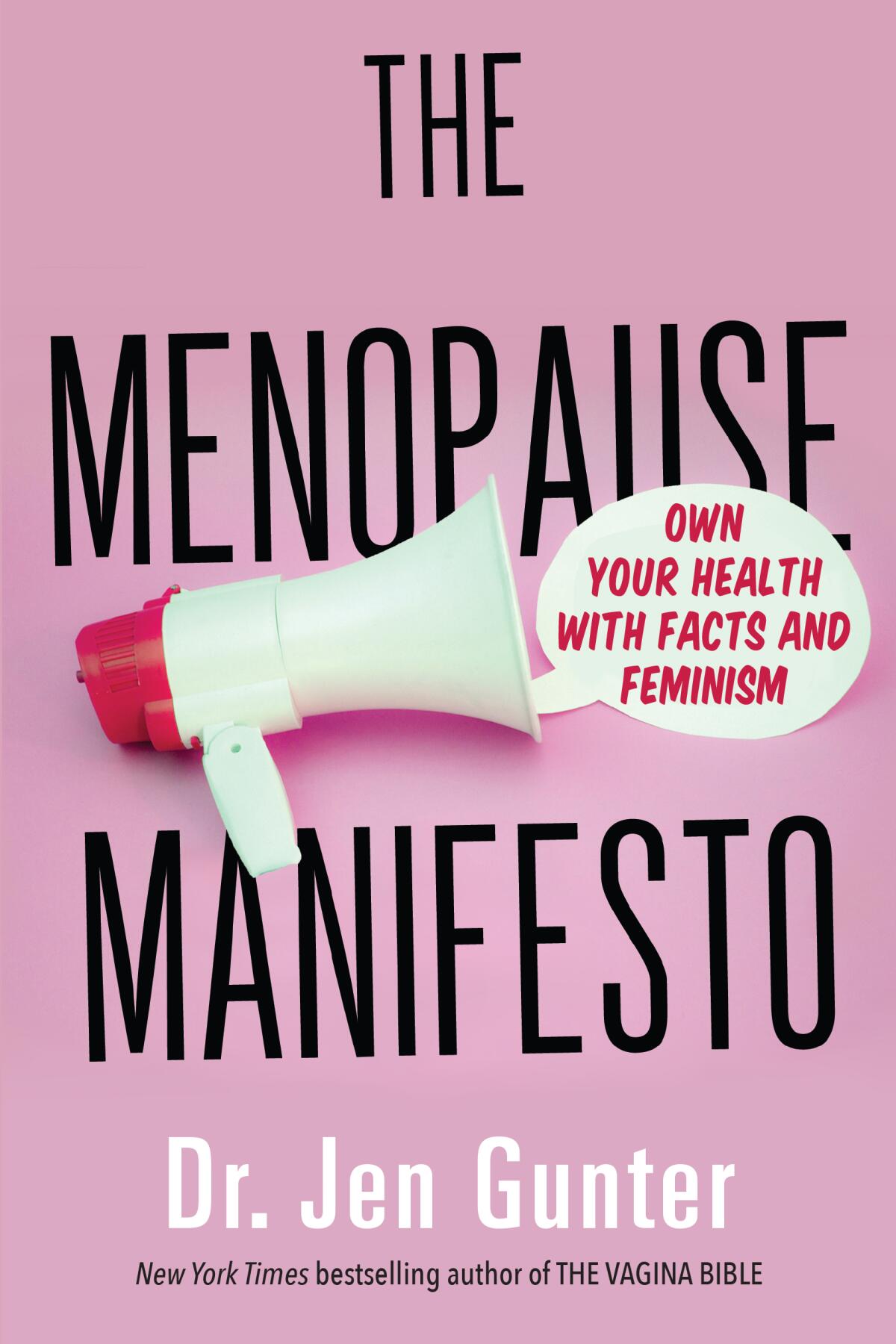
Why is there no welcoming culture about menopause?
Talking about “down there” is hard for people. It’s hard talking about it to doctors. Doctors and medicine reflect society. It’s hard when you are in the doctor’s office and there’s a power dynamic. People want to blame everything on menopause or not acknowledge it. Menopause is not happening in a vacuum. You can trace it back to our sad attempts at sex ed. Instead of teaching sex ed, we should teach human biology. You can’t hope to sort through the data if you don’t understand basic biology. I was 20 when I started medical school. I have had good information about biology for most of my life, so when things happen to my body I don’t think, “Why am I having period diarrhea?” Many women have menstrual diarrhea. It’s not unusual.
Proponents of intermittent fasting say it’s a simple hack for curbing the endless snacking and nibbling and nighttime eating that can pack on calories.
You are very straightforward. You suggest couples check out the local sex shop in the event of lack of sexual desire, for instance, and share that you used a silicone-based lube for vaginal dryness.
Here’s the deal: It’s easier for people to have sex than talk about sex.
You recommend cognitive behavioral therapy to help depression, hot ‘flushes’ and insomnia. Is this something women can do at home?
A lot of them are done with a practitioner. You’d be surprised that it’s often available. Many health providers offer CBT for insomnia. People can’t believe that it will help. It’s rewiring your brain — pretty powerful stuff. Every symptom, your brain told you existed. It works for an overactive bladder too. It’s more effective than medication. But most insurance companies don’t [cover] it, or it’s hard to find. We are in a healthcare system where it’s easier to get back surgery than cognitive behavioral therapy.
You suggest your mother’s depression might have benefited from hormone therapy. How do women move forward with menopausal hormone therapy?
There are so many things happening in the transition. Write down a list of all the symptoms bothering you. What do you wish would go away? Go through the list with your provider. The top thing bothering you might be something else; it could be a cancer sign. You want your provider to make sure there’s not a red flag. If there is no red flag, your risk of osteoporosis can be helped with hormones. Some antidepressants are good for hot flushes. From a hormone standpoint, if you’re at low risk for heart disease and if it’s a transdermal patch, it’s incredibly low risk if you are using oral progesterone. Even the risk of breast cancer is very low. You have to weigh your individual health factors. A short trial of six months is about as low risk as you can try. And then you can see if your quality of life is better. If you’re depressed and sleeping poorly, you may need more than progesterone.
In honor of International Women’s Day, we celebrate some of our favorite women-owned design businesses in and around Los Angeles.
I’m confused. So many women have told me that doctors can measure your hormone levels.
That’s a scam. It’s all over Instagram. Naturopaths push it all the time. I don’t do it. Hormones are unreliable. They are up and down all the time. If you are 46 and you are having hot flushes, that’s normal. If menopause is happening, you don’t need tests. If you have horrible hot flushes, you might need to be tested for diabetes or have your thyroid checked. Doctors do that for the illusion of caring. They do it so they can offer customized hormones just for you. We don’t prescribe hormones based on levels. We dose based on symptoms.
What are some basics that can help?
We all like to talk about hormones and supplements but the three healthiest things you can do to help you during menopause are not smoking, eating healthy and exercise. During the pandemic, I stopped moving. I probably walked 500 steps a day. Talking about weight is triggering for people, so I tried to focus on the fact that I wanted to feel better and not the fact that my waist was expanding. It helped.
You regularly tackle misinformation, from Goop selling jade eggs for the vagina to unregulated supplements. Do you think the way that menopausal women are targeted is another form of misogyny?
We have this whole compounded-hormone industry that is not FDA-approved. They promote hormones we don’t recommend. Just because they don’t have warning labels doesn’t mean they are safe. Would you use an IUD that someone fashioned and didn’t test on someone? It’s not women’s fault because they are being sold things by people they trust. We are seeing an overlap between the wellness community and conspiracy theorists. The answer is not unregulated supplements. We had thalidomide, we had DES, we had Dalkon Shield because of unregulated things. They were undertested. That sounds exactly like the supplement industry. They claim feminism when it’s misogynist to tell you that an untested supplement will work because it’s ancient.
Do you worry about the spread of misinformation on the Internet?
I do. Especially on Instagram. There are so many companies that make false claims. For example, we use boric acid in very specific cases of vaginitis. There was not one patient 10 years ago that was using boric acid. Now I see one person a week who is using it because she saw it online. These companies and doctors are selling falsehoods. Some doctors advertise themselves as hormone gurus. Someone who sees it might think, “Oh, there is a pretty doctor and she is Instagram-friendly and chatty.” That is the danger of influencer culture. I have an army of people who tag me and alert me to misinformation.
What do you hope people take away from your book?
That menopause is not a disease. So many of the words about our bodies influence our thoughts. I want people to know that they have the words to use in the doctor’s office to seek help.
More to Read
Sign up for our L.A. Times Plants newsletter
At the start of each month, get a roundup of upcoming plant-related activities and events in Southern California, along with links to tips and articles you may have missed.
You may occasionally receive promotional content from the Los Angeles Times.

